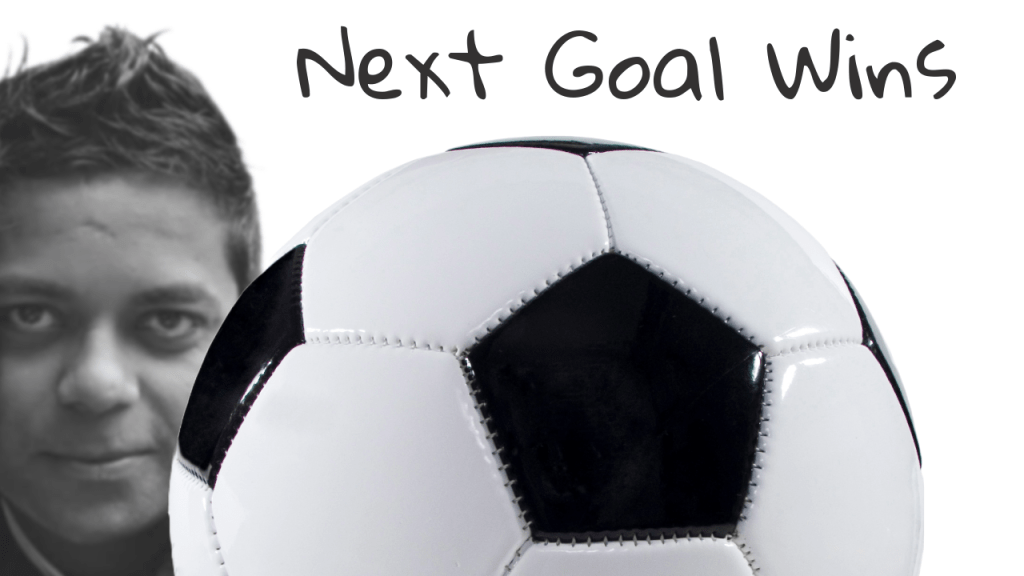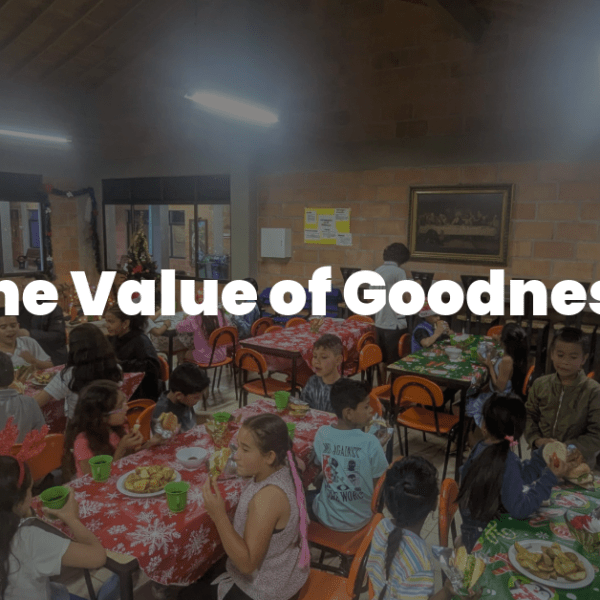
A season of losses can be discouraging. A decade of losses is devastating.
Experiencing a season of losses may bring discouragement, but enduring a decade of setbacks is profoundly devastating, signifying persistent challenges that deeply affect individuals, teams, and organizations. This extended period of failure goes beyond mere disappointment, eroding confidence, motivation, and resilience, while also suggesting systemic issues that may be difficult to overcome. It can distort perspectives, leading to a loss of purpose and identity, while also damaging reputations and draining resources.
Furthermore, it fosters resistance to change and hinders progress, necessitating a concerted effort to rebuild trust, confidence, and a sense of hope. Overcoming a decade of losses requires resilience, perseverance, and a willingness to confront underlying issues while learning from mistakes. It underscores the importance of maintaining perspective, seeking support, and demonstrating commitment to continuous improvement in the face of adversity.
So how do you overcome the long lasting challenges? How might individuals and teams respond differently to a season of losses compared to a decade of losses in terms of resilience and willingness to persevere? How might the perception of an organization or individual’s capabilities and credibility be affected by a decade of sustained failure in a competitive environment? What steps can be taken to prevent a season of losses from evolving into a decade of setbacks, and how can early signs of prolonged failure be effectively addressed?

Next Goal Wins!
I have been a football player and lover of the game all my life. I usually find life and the challenges it throws always somehow related to the game of football. The game has been an inseparable part of my life, both personal and professional.
The phrase “Next goal wins” is frequently uttered by football players, especially when matches are tied or closely contested in the final moments. Its importance lies in the pivotal juncture it signifies, where the fate of the game hinges on whichever team manages to score the subsequent goal.
In situations where a game is tied or closely fought, the pressure escalates for both teams. The phrase “next goal wins” amplifies this pressure, emphasizing the immediate need to score and the potential ramifications of failing to do so.
The act of scoring the next goal frequently initiates a notable shift in momentum within the game. The team that scores seizes a psychological edge, while the opposing side may witness a decline in morale. This shift in momentum has the potential to impact subsequent plays and ultimately shape the game’s outcome. Coaches and players may adjust their tactics based on the “next goal wins” scenario. The leading team may focus on defensive strategies to protect their lead, while the trailing team may adopt more aggressive tactics in pursuit of the tying or winning goal.
In the context of agile project management, the concept of “next goal wins” can be metaphorically applied to emphasize the iterative and adaptive nature of agile methodologies.
Iterative Progress: Agile project management focuses on breaking down the project into smaller, manageable increments or iterations. Each iteration, often referred to as a sprint, has a defined goal or set of objectives to accomplish. Similarly, in the “next goal wins” scenario, teams focus on achieving the immediate goal without getting overwhelmed by the larger picture.
Adaptability: Agile methodologies prioritize adaptability and responsiveness to change. Teams continuously assess their progress and adjust their approach based on feedback and evolving requirements. Similarly, in a game where “next goal wins,” teams must adapt their strategies in real-time based on the current state of play and the actions of their opponents.
Focus on Value: Agile project management emphasizes delivering value to stakeholders through incremental improvements. Similarly, in sports, scoring the next goal represents immediate value in terms of moving closer to victory. This focus on short-term goals aligns with the iterative nature of agile practices.
Collaboration and Communication: Agile methodologies promote collaboration and communication among team members to achieve common objectives. In the context of sports, effective communication and teamwork are essential for scoring the next goal and ultimately winning the game.
Continuous Improvement: Agile project management encourages continuous improvement through reflection and adaptation. Similarly, in sports, teams analyze their performance after each play or game to identify areas for improvement and adjust their strategies accordingly.
Risk Management: Agile practices include risk management strategies to mitigate potential obstacles and uncertainties. Similarly, in sports, teams assess the risks and rewards of various strategies in pursuit of scoring the next goal while minimizing the chances of conceding.
Celebrating Small Victories: Recognizing and celebrating incremental successes can boost morale, motivation, and team cohesion. Acknowledging progress along the way can provide encouragement and fuel further efforts toward achieving larger goals. Remember agile retrospectives?
Maintaining Momentum: Sustaining momentum is essential for achieving success. By consistently working towards short-term objectives and leveraging small victories, individuals and teams can maintain momentum and drive towards long-term goals.
Staying Present and Focused: The concept of “next goal wins” encourages staying present and fully engaged in the task at hand. By focusing on the immediate goal, individuals can channel their energy and resources more effectively, increasing their chances of success.
In essence, deriving insights from the concept of “next goal wins” requires adopting a proactive, adaptable, and goal-driven mindset. It entails utilizing collaboration, resilience, and continuous improvement to overcome obstacles and attain success in diverse pursuits.
So what is your next goal?
By the way, I was inspired to write this post because I recently saw the movie “Next Goal Wins”. It is the story of the infamously terrible American Samoa soccer team, known for a brutal 2001 FIFA match they lost 31-0. With the team about to embark on a grueling World Cup Qualification campaign in 2014, the coach of the team has just one month to transform this ragtag of losers into a winning team – and perhaps learn a little about himself along the way.
Do watch if you get some time off from your emails, excel sheets or power points!
Disclaimer: I have not been paid to write about the movie!


